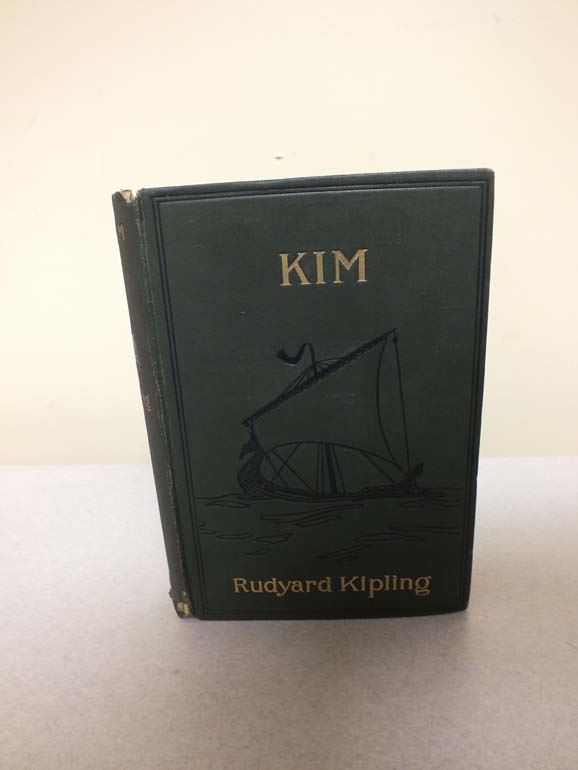

If Kim is tenuously white, then he can only perform this whiteness in immediate proximity to racial hybridity, with which whiteness is ideologically contiguous in this text.


Indeed, Kim demonstrates ideological and affective links to non-white Others and to people of mixed race, and this connection between whiteness and racial hybridity is of central importance to Kipling. While this woman is not, in fact, the boy's aunt, Kim's near-familial tie with her underlines the intimate connection between him and the hybridized subjects of empire. For instance, in the novel, the narrator later describes a half-caste woman who looked after told the missionaries that she was Kim's mother's sister (1 ch. And while Kipling ultimately removed this explicit link between Kim and Eurasian bodies in the opening of his published text, this disavowal is neither complete nor convincing throughout Kim. 1 emphasis mine), parts of the manuscript are much less certain of this fact, as that document asserts that Kim looked like a half caste (Kipling, Kim o' the 'Rishti n. While the published text baldly declares that Kim was English ⋯ Kim was white (1 ch. The manuscript of Kim gives us some telling clues about the contexts that inform Kipling's peculiar descriptions of burned black whiteness in his finished novel. As an Irish Celt, Kipling's protagonist is always already at a layer of remove from ideals of pure Englishness, but Kipling renders Kim's racial identity even more complicated in the text. If we are to take Kipling's assertion at face value, that Kim is, indeed, English, then certainly this is a kind of Englishness that is divorced completely from the racially pure ideals of Anglo-Saxon whiteness that were privileged by many racial theorists earlier in the nineteenth century. While the narrator hastens to reassure the reader that Kim is both white and English, Kim is also burned black as any native and speaks his supposed mother tongue, English, in an uncertain sing-song (1). Rudyard Kipling's final novel, Kim (1901), begins with an intriguing - if paradoxical - description of the eponymous Kim, or Kimball O'Hara: he is an English boy with an Irish name and Irish parentage who speaks the vernacular by preference (1).


 0 kommentar(er)
0 kommentar(er)
